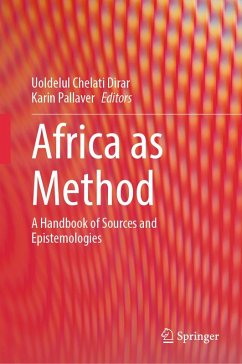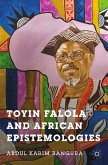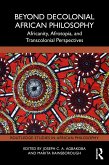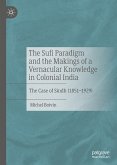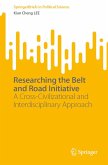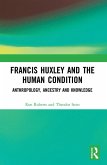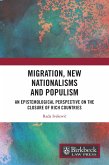This methods handbook investigates the multiple sources and interdisciplinary methodologies employed by scholars working on Africa. It illuminates how scholars of Africa locate, select, interpret, and combine sources to reconstruct Africa's past. Each contributor presents a specific typology of source or body of sources. Focusing on specific case studies, the chapters offer a broad overview of the methods and sources employed by historians, anthropologists, linguists, and related disciplines in the humanities and social sciences, working on Africa. The topics covered are diverse and include the significance of oral sources and how they relate to written sources; the perspectives provided by female writings on and from Africa; the relevance of Islamic court records for the study of Africa; the use of songs and poetry for the understanding of contemporary political protests; the employment of photographs and other visual sources for the study of the African past; how new sources or new interpretations of existing ones can provide different historical periodization; and finally, how biographies and autobiographies, including personal experiences with fieldwork in Africa, can contribute to shed light on Africa's past. The book is a valuable resource for graduate students and academics interested in doing research on Africa. It provides a sweeping but rich understanding of the methodologies in the field of African studies, and for historians in general. Ultimately, this book contends that the specific methodologies developed for the study of Africa are relevant not only for the understanding of the continent itself, but can also contribute significantly to the historical method more widely.
Dieser Download kann aus rechtlichen Gründen nur mit Rechnungsadresse in A, B, BG, CY, CZ, D, DK, EW, E, FIN, F, GR, HR, H, IRL, I, LT, L, LR, M, NL, PL, P, R, S, SLO, SK ausgeliefert werden.

